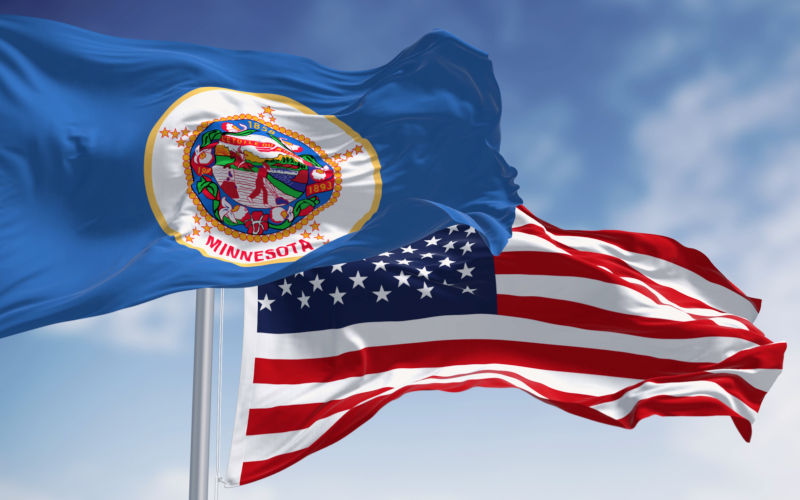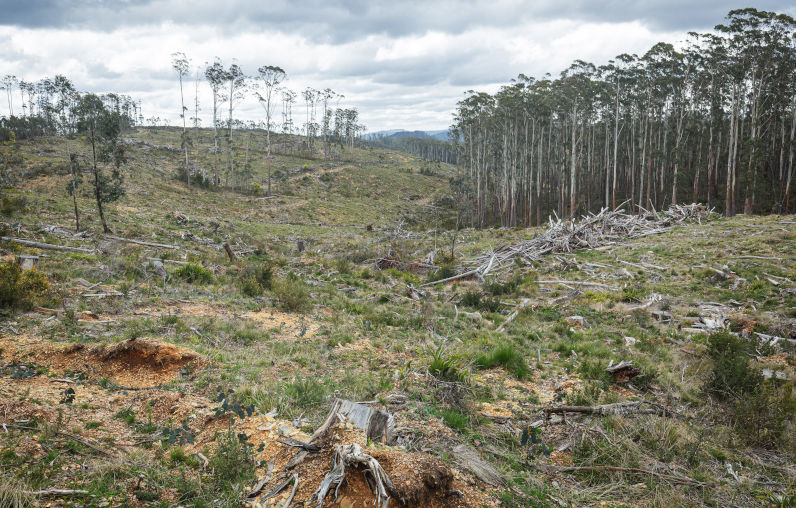
Pearlcasts
As we review 2025, the temptation is to look for neat summaries and settled conclusions.
Go to Pearlcasts
4 March 2026
The US-Israeli attack on Iran is also an assault on the United Nations
The US–Israel war on Iran is a direct breach of the UN Charter and a blow to international law. But the attempt to impose global hegemony and hollow out the UN will ultimately fail in a multipolar world determined to resist domination.

4 March 2026
Another poor US intelligence call?
As the US strikes Iran while Russia’s invasion of Ukraine drags on, questions grow about selective enforcement of international law and a long record of flawed intelligence assessments.

4 March 2026
Happy Chinese New Year? Fine for Howard, treason for Albanese
Mocking a prime minister for wishing Chinese Australians a happy new year says less about foreign policy than about how national identity is being weaponised in domestic politics.

4 March 2026
War is the opiate of the Israeli masses
Israel has once again entered war to solve its “existential problems once and for all”. History suggests those promises of total victory rarely survive contact with reality.

4 March 2026
Royal Commission gets off on the wrong foot
The Royal Commission into Antisemitism and Social Cohesion has begun by adopting the IHRA definition as uncontroversial. Yet that definition – and its application to criticism of Israel – remains hotly disputed and politically charged.

4 March 2026
Migration scare campaign ignores Coalition’s own targets
The Coalition is trying to turn migration into a political flashpoint. But the long-term net overseas migration target under Labor is identical to the one projected under the Morrison government.

4 March 2026
Thirty years on, the Howard legacy still defines our limits
John Howard marks 30 years since the Coalition’s 1996 victory with a familiar story of stability and economic management. But the deeper legacy is the set of political and economic defaults both major parties now treat as common sense.

3 March 2026
If Iran resists, the global economy will pay
Western governments, including Australia and New Zealand, have backed US and Israeli strikes on Iran. But the decision risks economic catastrophe, regional escalation and the further erosion of international law.

3 March 2026
Trump and Netanyahu want regime change, but Iran’s regime was built for survival. A long war is now likely
The US–Israel strikes that killed Iran’s supreme leader have pushed the Middle East into open war. But regime change in Tehran is far from assured and the conflict could trigger prolonged regional instability with global consequences.

3 March 2026
Albanese’s decision will follow him into the history books – and define us too
Anthony Albanese’s refusal to assist Australian women and children in Syrian detention camps may prove to be the defining act of his prime ministership – not for its prudence, but for what it reveals about leadership, moral courage and the limits of political calculation.

3 March 2026
Abbott’s finger pointing on overseas students is pure hypocrisy
Tony Abbott blames record numbers of temporary residents and international students on recent governments. But policy changes introduced and maintained under his own leadership played a central role in driving that growth.
Read our series
Latest on Palestine and Israel

4 March 2026
The US-Israeli attack on Iran is also an assault on the United Nations
The US–Israel war on Iran is a direct breach of the UN Charter and a blow to international law. But the attempt to impose global hegemony and hollow out the UN will ultimately fail in a multipolar world determined to resist domination.

4 March 2026
Another poor US intelligence call?
As the US strikes Iran while Russia’s invasion of Ukraine drags on, questions grow about selective enforcement of international law and a long record of flawed intelligence assessments.

4 March 2026
War is the opiate of the Israeli masses
Israel has once again entered war to solve its “existential problems once and for all”. History suggests those promises of total victory rarely survive contact with reality.

4 March 2026
Royal Commission gets off on the wrong foot
The Royal Commission into Antisemitism and Social Cohesion has begun by adopting the IHRA definition as uncontroversial. Yet that definition – and its application to criticism of Israel – remains hotly disputed and politically charged.

3 March 2026
If Iran resists, the global economy will pay
Western governments, including Australia and New Zealand, have backed US and Israeli strikes on Iran. But the decision risks economic catastrophe, regional escalation and the further erosion of international law.

3 March 2026
Trump and Netanyahu want regime change, but Iran’s regime was built for survival. A long war is now likely
The US–Israel strikes that killed Iran’s supreme leader have pushed the Middle East into open war. But regime change in Tehran is far from assured and the conflict could trigger prolonged regional instability with global consequences.

2 March 2026
Louise Adler sets the record straight on Adelaide Writers' Week
The Adelaide Writers’ Week (AWW) debacle might have served as a “life lesson” to politicians and lobbyists about the risks involved in interfering with the independence of arts organisations. But as we have seen at Newcastle and the Sydney Writers Festival some are apparently slow learners.

27 February 2026
No Plan B: Trump’s Gaza plan sidelines justice and law
Donald Trump’s so-called Peace Board for Gaza promises reconstruction but delivers domination. With Palestinians excluded and international law sidelined, the plan exposes the urgent need for a credible alternative grounded in justice, accountability and self-determination.

Israel's war against Gaza
Media coverage of the war in Gaza since October 2023 has spread a series of lies propagated by Israel and the United States. This publication presents information, analysis, clarification, views and perspectives largely unavailable in mainstream media in Australia and elsewhere.
Download the PDFLatest on China

4 March 2026
Happy Chinese New Year? Fine for Howard, treason for Albanese
Mocking a prime minister for wishing Chinese Australians a happy new year says less about foreign policy than about how national identity is being weaponised in domestic politics.

28 February 2026
Modi in Israel, Tokyo’s shift on arms, and Duterte at The Hague – Asian Media Report
India and Israel deepen ties, Japan edges towards lethal arms exports, Duterte faces crimes-against-humanity charges, Indonesia weighs its Gaza role, Bangladesh confronts rule-of-law reform, and China’s unofficial K-pop ban shows signs of strain.

27 February 2026
Shen Yun and Falun Gong – belief, propaganda and division
The evacuation of the Prime Minister over a threat linked to a Shen Yun tour has drawn attention to the Falun Gong movement and its political evolution.

Support our independent media with your donation
Pearls and Irritations leads the way in raising and analysing vital issues often neglected in mainstream media. Your contribution supports our independence and quality commentary on matters importance to Australia and our region.
DonateMore from Pearls and Irritations
Latest letters to the editor
What a perfect summary of the ills of Howard
Wes Mason — Gisborne
PM's apparent Chinese bomb threat
Michael Stanley — 12/28 Woods Street
Politicians are irresponsible, not dumb
Jenny Goldie — Cooma NSW
Nothing to see here!
Les Macdonald — Balmain NSW 2041










